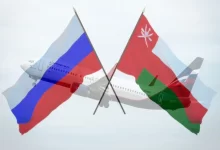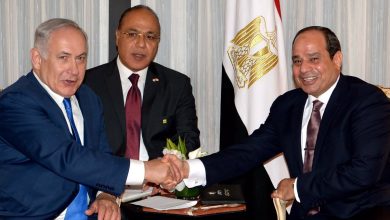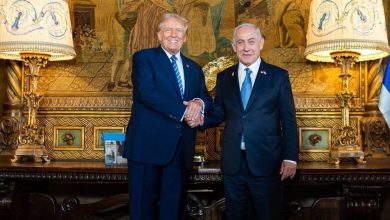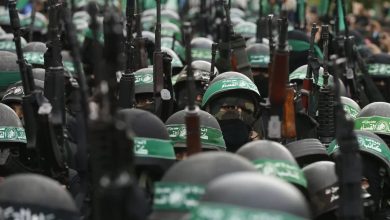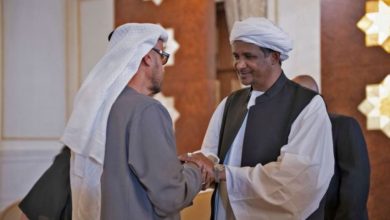Qatar’s Quiet Diplomacy Reshapes the Middle East
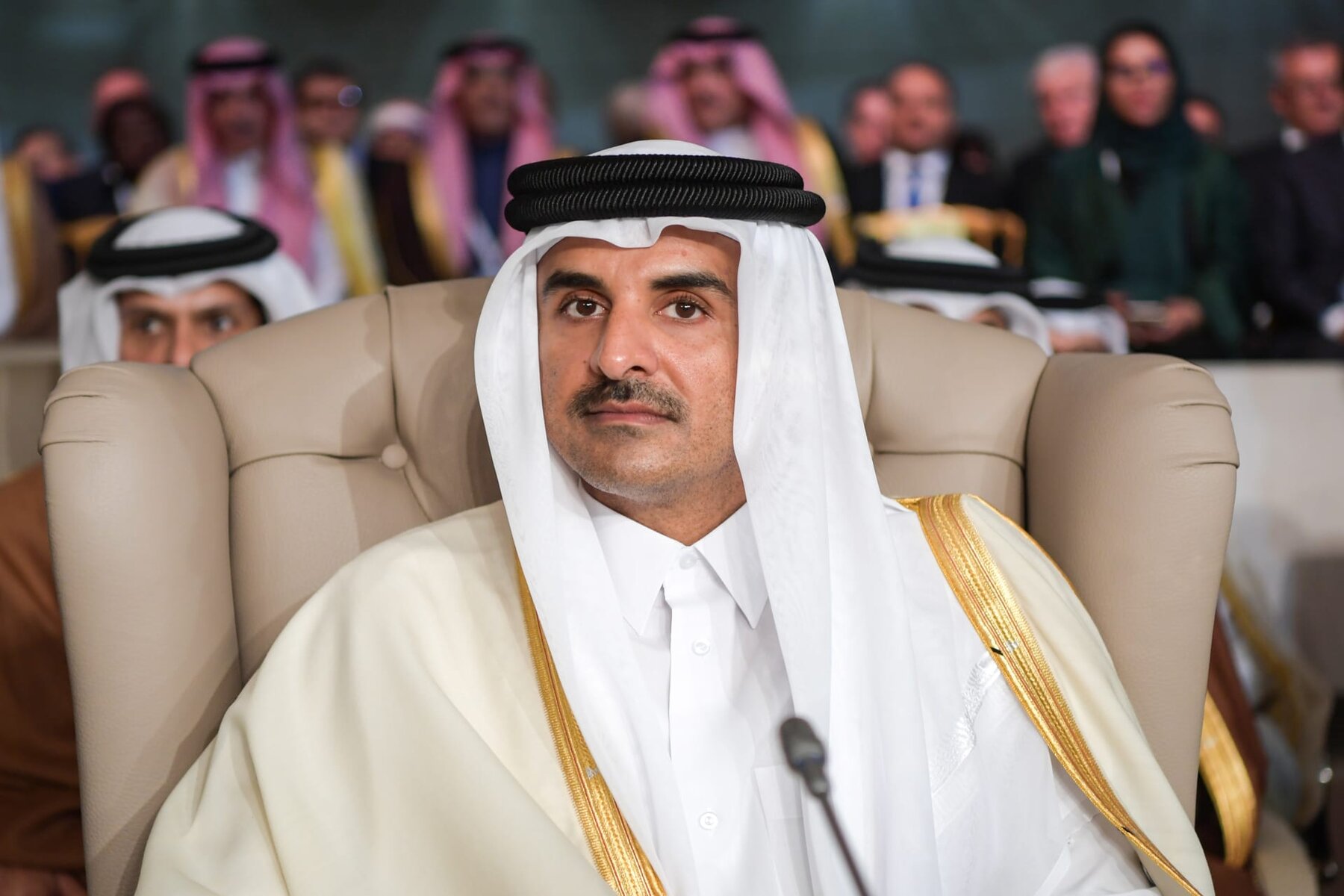
Watan – In recent times, Qatar has risen as a prominent global mediator, adeptly steering through three significant Arab and international dossiers, with a foundational principle of mediation and neutrality. A blend of international prestige and strategic survival has driven Qatar to establish itself as an impartial peace broker amidst the myriad of conflicts that dot the Middle Eastern landscape.
From Lebanon, Sudan, and Yemen to Afghanistan, Qatar has demonstrated its prowess in diffusing tensions. Yet, it hasn’t always managed to bring about a conclusive end to these disputes.
Soon after capturing global attention with its successful mediation in the prisoner exchange between the United States and Iran, Qatar unveiled its ongoing mediation roles in three other nations, underscoring its global strategy to mediate and resolve disputes.
Qatar’s Diplomatic Forays: A Tapestry of Success
“Al-Khaleej Online” underscores that Qatar’s diplomatic endeavors have consistently brought resolutions to numerous regional crises over the years.
Qatar’s diplomatic outreach isn’t limited to Arab affairs. It has extended its influence to Africa, addressed concerns across Asia, and notably, played a pivotal role in navigating the intricate standoff between Iran and the United States.
Qatar Spearheading Key Global Dialogues
Qatar’s diplomatic record is adorned with multiple successes, be it conflicts between nations, political factions, armed groups, or opposition forces.
Qatar’s foreign policy, rooted in mediation and neutrality, has enabled it to engage in global affairs. Its foreign ministry recently revealed its active involvement in three significant international dossiers.
Dr. Majed Al-Ansari, the Prime Minister’s Advisor and official spokesperson for Qatar’s Ministry of Foreign Affairs, highlighted Qatar’s numerous diplomatic achievements. These include mediating in Lebanon in 2008, the Doha peace agreement involving Darfur, Djibouti, and Eritrea, and the historic peace accord in Chad.
He further elaborated on Qatar’s current mediation efforts, including the crises in Lebanon, Rwanda, and Afghanistan. Speaking at the Global Middle East Summit, he emphasized Qatar’s ongoing efforts to de-escalate tensions in Rwanda, working in tandem with the U.S. to broker a potential agreement.
Mediation and Impartiality
Qatar has adeptly played the role of the primary mediator in talks between its strategic ally, the United States, and its Middle Eastern adversaries.
Regarding the stalled Washington-Iran negotiations over the 2015 nuclear deal, Dr. Majed Al-Ansari highlighted that there wasn’t a singular breaking point in the talks. He also pointed out the inherent risks of introducing new conditions during negotiations.
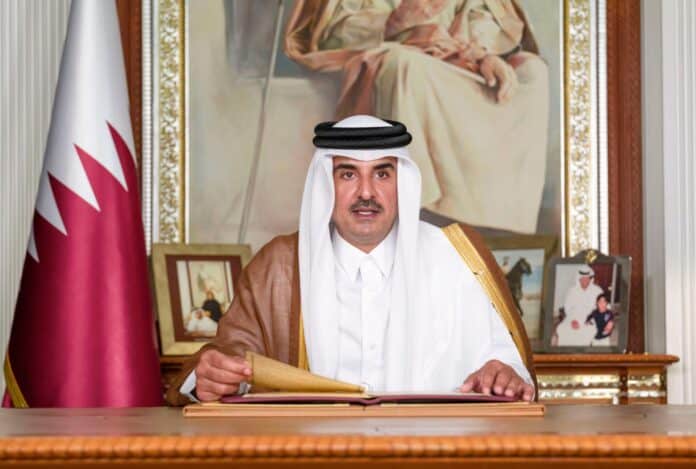
Qatar: The Global Mediator
Al-Ansari extolled his nation’s role as a global mediator, emphasizing the clandestine meeting between the Qatari Prime Minister and the Taliban’s supreme leader as a significant “breakthrough.”
In this context, Qatari diplomacy has been actively mediating between the Taliban and the international community. A notable move was the secret talks between the Qatari Prime Minister and the Taliban leader, as revealed by “Reuters.”
Lebanon: A Mediation Crossroad
Qatar has been instrumental in the Lebanese dossier. In 2008, an agreement in Doha brought together opposing Lebanese political forces. This agreement played a pivotal role in resolving the Lebanese political crisis.
In 2015, under Qatari auspices, a prisoner exchange took place between the Lebanese government and the Nusra Front in Syria.
Qatar’s mediation has once again taken center stage in Lebanon, especially concerning the stalled presidential file. The recent endeavors of the Qatari envoy, away from media glare, have been noteworthy.
Qatar is a key player in the quintet group, engaged in talks since February, led by the French presidential envoy to Lebanon. The Qatari State Minister for Foreign Affairs visited Lebanon last April, meeting with officials. However, no subsequent visits have been scheduled.
Neutrality Amidst Contenders
Observers have pondered Qatar’s potential success in the Lebanese presidential file, reflecting its economic prowess, primarily anchored in gas production.
Analysts opine that Qatar’s successes stem from its evident neutrality, vast financial resources, and the provision of financial incentives for peace. However, these successes are often tempered by the limited ability to influence long-term changes in the preferences of the disputants.
Qatar’s mediation efforts are likely to continue in the foreseeable future, but the results might remain a mixed wallet.

